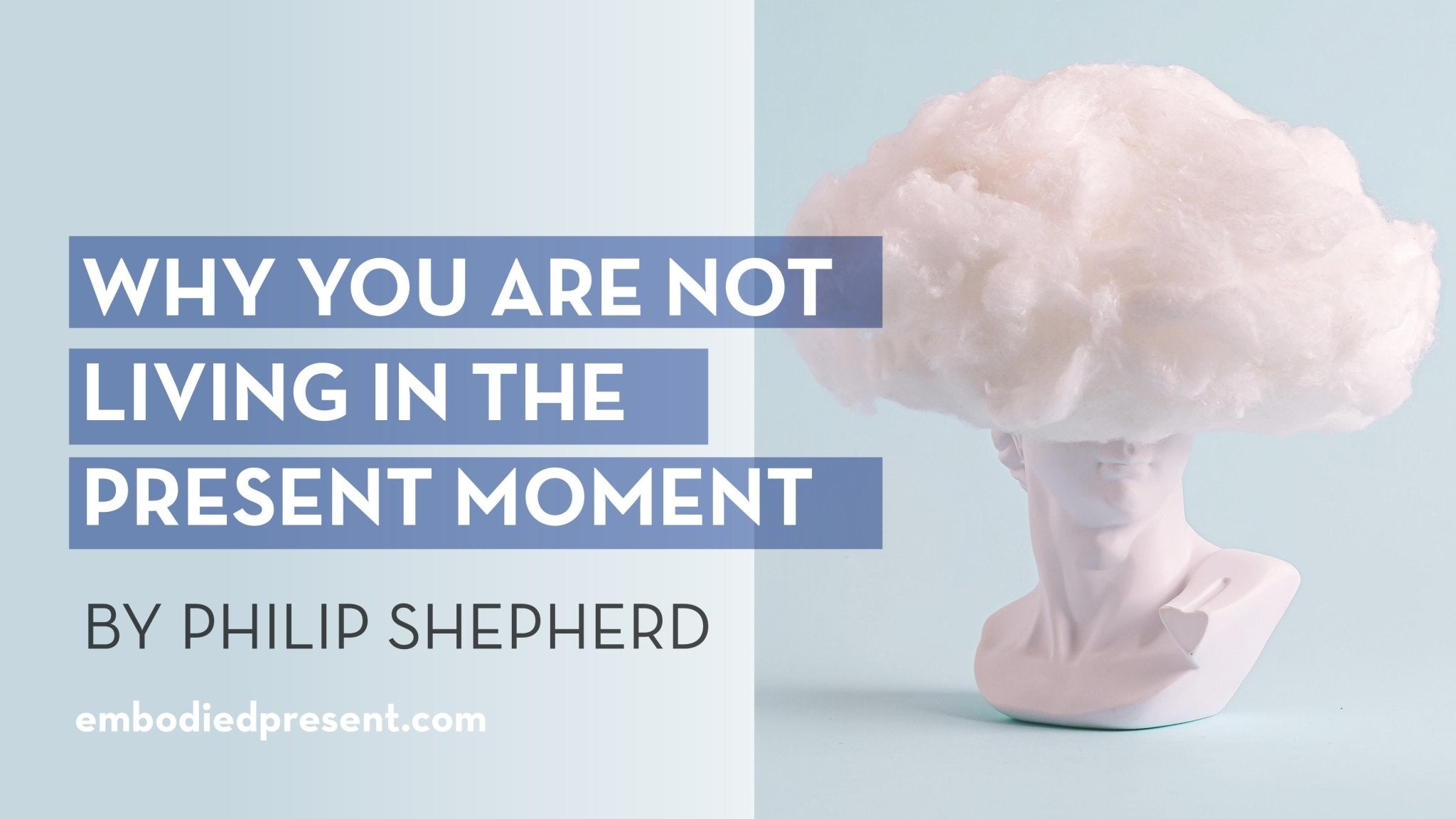We inherited a view of the body as something without intelligence: as something ‘beneath us’; as a tool for getting things done; as machinery operated by the brain; as a piece of equipment that needs proper maintenance if it’s not to break down. That view still predominates, to be sure, but it’s no longer the unchallenged orthodoxy. Since my first book, New Self, New World, appeared in 2010, I’ve noticed a growing appreciation for the body’s intelligence. Science, for instance, has brought us such relatively recent fields of inquiry as embodied cognition, the gut biome and neurogastroenterology, with findings that poke holes in the cherished idea that the brain in the head is the solitary intelligence in charge of who we are, what we experience and how we perceive.
I’ve also seen a growing awareness in people that they are living in their heads – and stirring within that awareness, a deep yearning for a more embodied way of being. We have been estranged from the body for so long, though, that we tend to imagine that embodiment is merely about sitting in the head and noticing the body, or ‘listening to it’ – as though being stuck in the head were some sort of anatomical given. We struggle to imagine that true embodiment seamlessly merges our abstract thinking with that of the body; that we can think with the whole of our being. We are even vague about what the body’s intelligence is. And when we are unclear about the nature of the body’s intelligence, the journey to reunite with it can be frustrating.
So first, let’s consider the nature of the secluded portion of our intelligence we’ve been taught to give our allegiance to: it is head-centric, analytical, abstracting, systematizing and adept at achieving perspectives and building structures of knowledge; but we should also recognize that it is fundamentally exclusive. It categorizes by excluding – excluding apples, for example, from the category of vegetables. It analyzes by breaking things into pieces and assigning each its exclusive function. It abstracts by isolating aspects of reality and considering them exclusive of their borderless context. Any form of exclusion, though, involves a neglect of wholeness. Wholeness is all-inclusive: everything in our reality affects everything. Wholeness is all that is, and nothing exists outside of it. To imagine otherwise is to mistake reality.
To appreciate the nature of the body’s intelligence is to see it as the necessary complement to the excluding intelligence of the head. Where the head’s intelligence is exclusive, the body’s is inclusive. It feels wholeness, and its capacity for feeling the whole is its means of knowing the whole. The foundation of the body’s intelligence is its perfect understanding that it belongs to the world of the present. It recognizes kinship in the ocean’s waves exhaling along the shore, in the shifting sky, in the slender blade of grass, the scurrying ant, and in the tall tree so deeply rooted in the darkness of the earth. To reunite with the body’s intelligence is to find your being illuminated and clarified by all the particulars of the world around you; you feel how they belong to you and vice versa.
The body’s intelligence understands life; the intelligence that sequesters itself in the head understands everything but life. Its attempts to grasp life merely result in descriptions of its mechanics – never of life itself. Life is an emergent property of wholeness, and you cannot understand wholeness with an intelligence that depends on exclusion.
By extension, neither can you understand your self with that intelligence – for the self abides in wholeness and is inseparable from it. To seek to understand the self with only that intelligence is to consign yourself to categorical living – in which aspects of your life, your intelligence, your behaviour and your perceptions are compartmentalized and partitioned. In that divided state your being inevitably lacks coherence. To live in a categorical world is to live in a model or duplicate of life – one that has everything judged and labeled, but which fails to feel the wholeness that is found in each particular, and which ultimately makes each particular what it is. Feeling that wholeness, and the wholeness of the self it holds in its embrace, is the specialty of the body’s intelligence.
So the intelligence of the body attunes to wholeness. It resonates to the world around it. That is its true nature. Just as it is our true nature. Our longing for embodiment, then, is a longing to grow into our fullest reality: to put to rest our divisions and liberate our stifled energies and to finally feel the self and the world in the wholeness of the moment. What we long for is a homecoming – coming home to the self, coming home to the present. And it's crucial in our head-centric culture to understand that you can’t achieve that homecoming by grasping any idea; it is a tangible, physical journey that drops your thinking out of the head and lets it come to rest deep in your body. When that happens, the energy of your being achieves coherence and attunes to the life of the present. You feel yourself embedded in an intelligence that guides and informs and clarifies – an intelligence that sings through your body not in a language of words, but in a language of sensational, borderless awareness. This is what an athlete ‘in the zone’ experiences, or an artist in the wakefulness of creativity. To join the body’s intelligence is to experience the world’s harmony singing through you.
Other posts
TEPP Facilitator Sarah Stewart-Brown writes about Radical Wholeness and TEPP
From Sarah Stewart-Brown of Wellbeing Ventures The TEPP Facilitator training is very rich; I came away after each of the three retreats with many insights and much more awareness of...
Why you are not living in the Present
After I made the video above, I thought some more about it, and put pen to paper, and wrote this slightly longer exploration of the subject. I feel the...
thewayisee
There’s a popular YouTube video (see below) of a baby named Piper squirming as her parents fit her first pair of glasses onto her face. Initially struggling, she settles, and...






Leave a comment